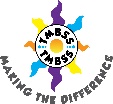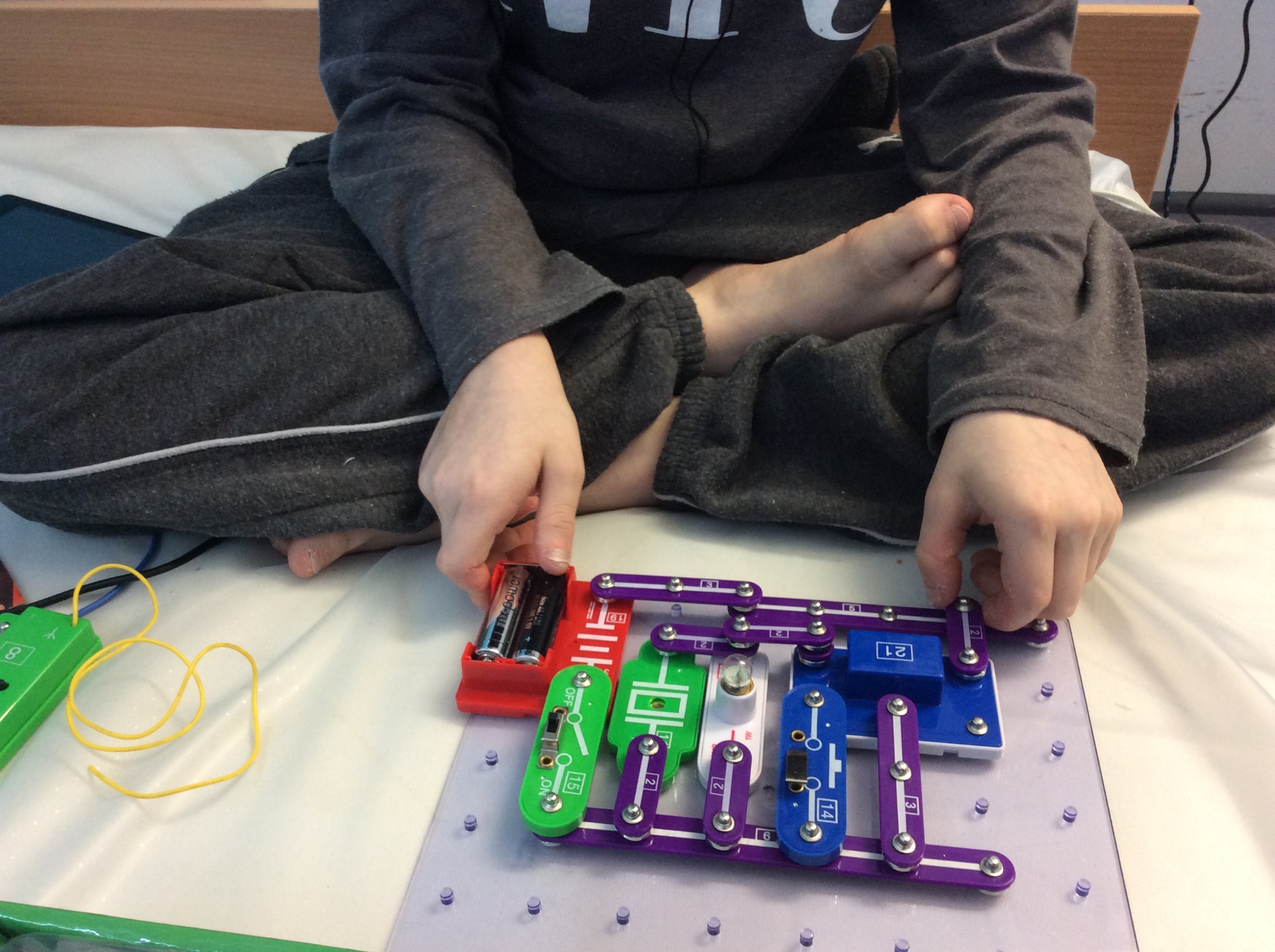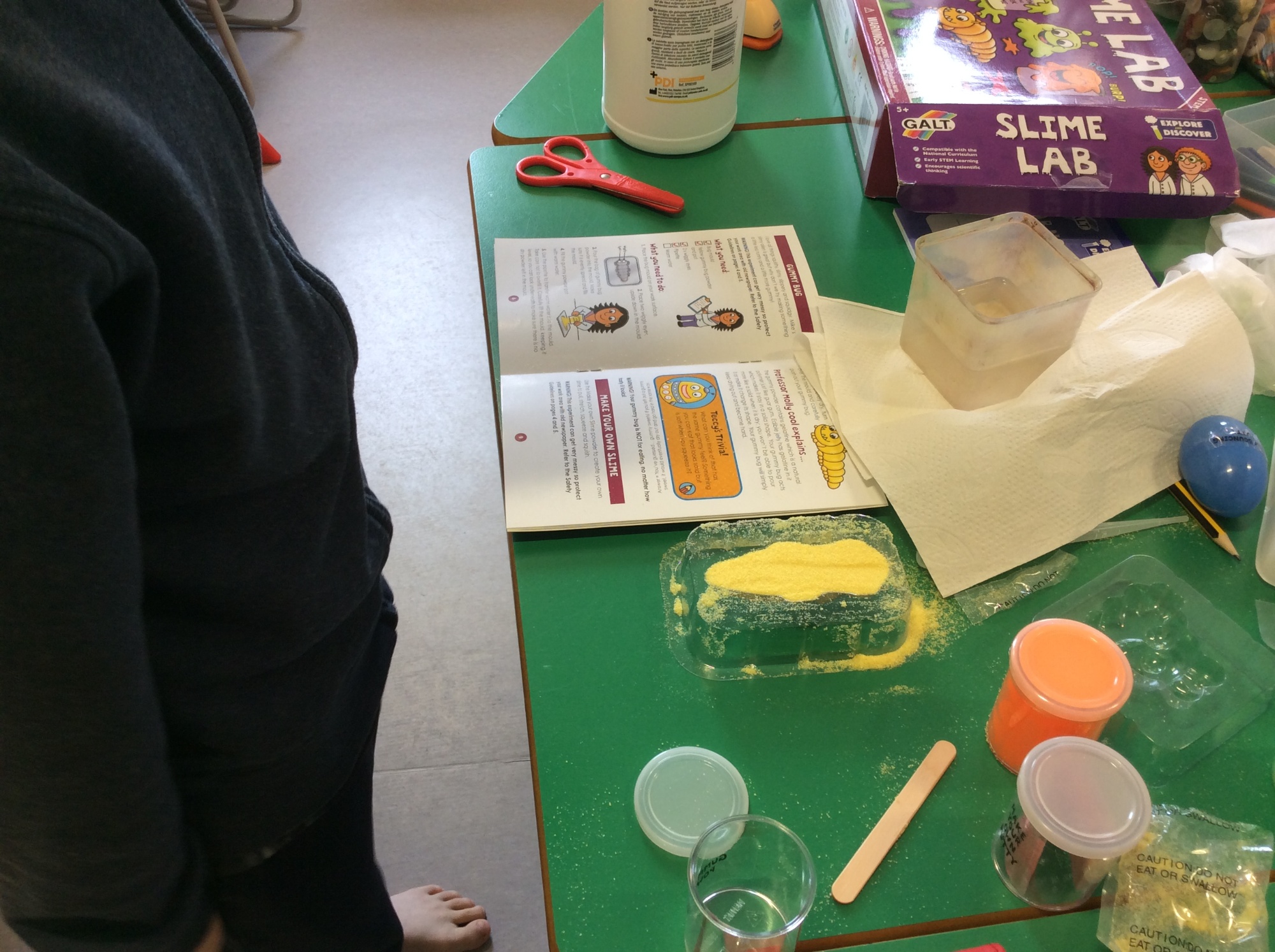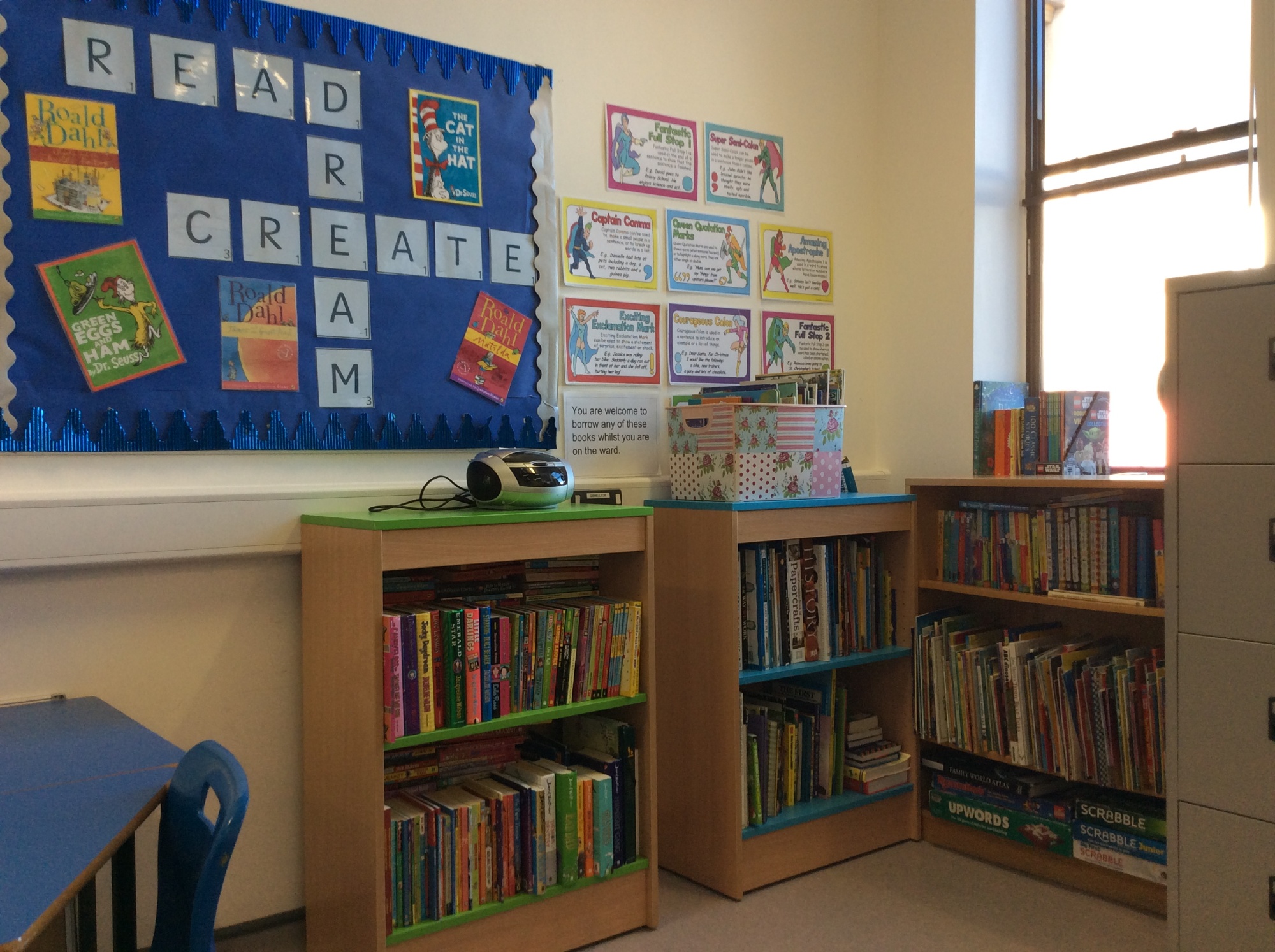PRH

Princess Royal Hospital Telford
Who do we coordinate education for?
Wards 19 and 20 are paediatric wards at Princess Royal Hospital Telford (PRH) and are part of the Shrewsbury and Telford Hospital Trust (SATH).
Ward 19: 33-bed general paediatric ward for patients aged 0-17 years. Admissions are generally unplanned and can be both short and long-term. Longer term patients may have complex medical or mental health needs. Recurrent patients may have a planned admission for treatment.
Ward 20: is a 2 bed day-case and 3 bed in-patient paediatric Oncology and Haematology unit. Patients on this ward have a cancer diagnosis or require haematology treatment, they are recurrent and have both planned and unplanned admissions.
Patients are generally registered with Shropshire, Telford and Wrekin or Powys schools.



Where do we work?
Ward 19 has a small schoolroom where patients can receive 1:1 teaching or in small groups. The room is accessible to wheelchairs and beds.
Ward 20 patients are unable to attend the schoolroom due to infection risks and are taught either in the ward 20 communal play area or family room.
There is also flexibility to teach at the patient’s bedside when this is the most suitable option.
How do we coordinate education?
The Hospital Educational Coordinator monitors the educational provision for patients on the wards and establishes that each patient has an educational provider.
The Hospital Educational Coordinator follows up any concerns raised by ward staff related to a patient’s education and provides a link between medical staff and schools. They support with any educational planning that may be required before discharge.
Teaching sessions are arranged to accommodate medical procedures and treatment.
Initial contact includes introductions to the service for parents/carers and patients and the opportunity to understand the impact that a patient’s medical condition and treatment may have upon their access to education.
For recurrent or long-term patients their usual school setting is contacted for information. This includes academic achievements, safeguarding concerns, attendance and to request the provision of appropriate academic work, if required. A patient's school curriculum and the programmes of study provided by the school are the focus for the delivery of teaching and learning. However for short term patients or those who are without work from their usual setting, work is provided that provides a suitable challenge and an opportunity for progression from a bank of resources.
TMBSS assessments can be used as required and staff have access to the whole service resources and can request support from TMBSS curriculum specialists.
Patients follow a flexible, personalised learning programme that can encompass the whole curriculum. It not only encourages academic development but reflects their changing medical and mental health needs
How do we support our patients & promote well-being?
The Hospital Educational Coordinator allocates time with patients, parents and carers, especially those admitted to oncology, to develop a positive relationship based on respect, listening, supporting and trust so that patients and staff can quickly build relationships to enhance their learning experience.
Patients' emotional wellbeing can fluctuate and they may appear highly anxious, frustrated and low in their mood. Staff recognise this and respond appropriately with a highly flexible bespoke approach that encourages a sense of normality and nurture.
The Hospital Education Coordintaor is aware that those patients who are admitted as a result of experiencing poor mental health require an especially nurturing approach that helps develop their self-esteem and confidence.
For those patients transitioning back into school after an extended absence the Hospital Education Coordinator liaises closely with school and medical staff to ensure a smooth transition. This not only acknowledges the challenges the patient faces, but also motivates and nurtures their self-esteem and confidence.
How do we communicate, review and report?
The Hospital Educational Coordinator completes a daily record of the intent, implementation and the impact of lessons. This reflects the emotional and social impact as well as the academic outcomes. Attendance is recorded on an electronic register. A weekly return is completed summarising the support provided by the Hospital Educational Coordinator which is shared with the Senior Leadership Team at TMBSS and Ward Managers.
Contact with the usual school setting is ongoing throughout the admission for long term and recurrent patients. A report on education delivered and the patient's achievements can be produced for home school and medical staff upon discharge if required.
As the school roll changes daily communication with ward staff is a priority. The ward handover sheets, which include medical, social and safeguarding information are reviewed at the start of each day with input from the Play Specialist Team and members of the medical team who have attended a ward handover. This helps identify those whose learning needs are a priority. Each patient has a named nurse who can be approached for further information prior to contact with a patient.
The Hospital Educational Coordinator attends a bi-weekly Multi-Disciplinary Team Meeting with the Oncology Team for medical, psychological and safeguarding updates on all Oncology patients. This helps the Hospital Educational Coordinator to ensure that other professionals working with children with a cancer diagnosis have an understanding of the impact of the diagnosis. Support is provided to schools to provide appropriate medical home tuition for oncology patients.
A collaborative working partnership exists between Hospital Educational Coordinator's at RJAH and PRH hospitals with the sharing of good practice. Regular meetings are held which includes:
• Half-termly meetings with TMBSS Line Manager & TMBSS Executive Head Teacher.
• Half-termly in person meetings/ Huddle meetings via Teams between RJAH, PRH Hospiital Educational Coordinators.
• Attendance at TMBSS Personal Development, Welfare & Behaviour Working Party.
Hospital Educational Coordinators not only liaise closely with home schools to provide a personalised programme but also with other agencies and professionals that are involved with patients.
There can be an overlap between patients in the hospital and those receiving outreach support from TMBSS.
Safeguarding
The Hospital Educational Coordinator is a Designated Safeguarding Lead and receives regular training updates.
Ward safeguarding procedures are followed and any safeguarding concerns are written in patient notes and reported to the patients Named Nurse, Nurse in Charge or escalated to the Named Nurse for Safeguarding Children as appropriate.
TMBSS safeguarding procedures are followed as appropriate and staff have access to CPOMS to share information if the patient is on TMBSS roll.
A central electronic register (Child Protection Information Sharing, CPIS) is used on the ward which alerts staff to key information such as whether a child is subject to a child protection plan or is a looked after child.
Ward staff share safeguarding information in handover and via the handover sheet. All safeguarding information is recorded in patient files on admission which the Hospital Educational Coordinator can view.
Accessibility Plan
All Accessibility plans can be found on the SEND page.
